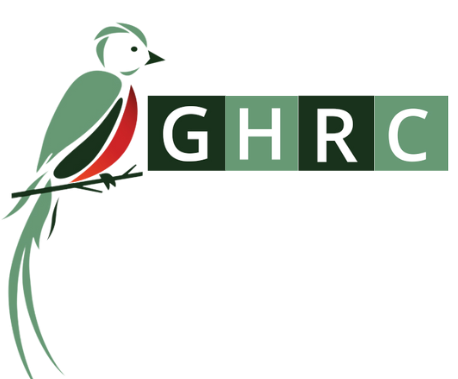The Garífuna, descendants of Indigenous peoples from the Caribbean and formerly enslaved Africans, have lived on the Bay Islands and Atlantic coast of Honduras since 1797. The State of Honduras has already been condemned three times by the Inter-American Court on Human Rights for violating the Garífuna people’s right to collective land ownership.
Because of the government’s failure to implement the international court’s orders, Garífuna community members have taken matters into their own hands. Outside of Trujillo, Colón Department, they have “recuperated” (recoccupied) a neighborhood where outside investors have illegally begun constructing forty tourist condominiums. On October 23, fifteen masked and heavily armed men arrived in two armored vehicles, surrounded the Garífuna reoccupation site, fired weapons, and threatened to kill residents; the police failed to respond to repeated emergency calls. Days later, the mainstream media published a defamatory and false article accusing the Garífuna of illegally occupying the tourist condominiums.
Then on October 27 there were two more violent incidents. In Vallecito, Colón Department, armed men apparently aimed at Garífuna defender Miriam Miranda. And on the Bay Islands off the coast, Garífuna defender Melissa Martínez received a death threat which included racist slurs and warned her to “watch her steps.”
Garífuna defenders, particularly women, have faced years of armed aggression, threats, and smear campaigns. But the current racist media campaign is fueling hostility and is resulting in armed attacks. The intensification of violence demonstrates the urgent need for decisive state action to protect those defending collective land rights guaranteed under Honduran and international law.


